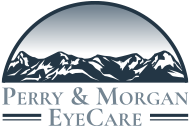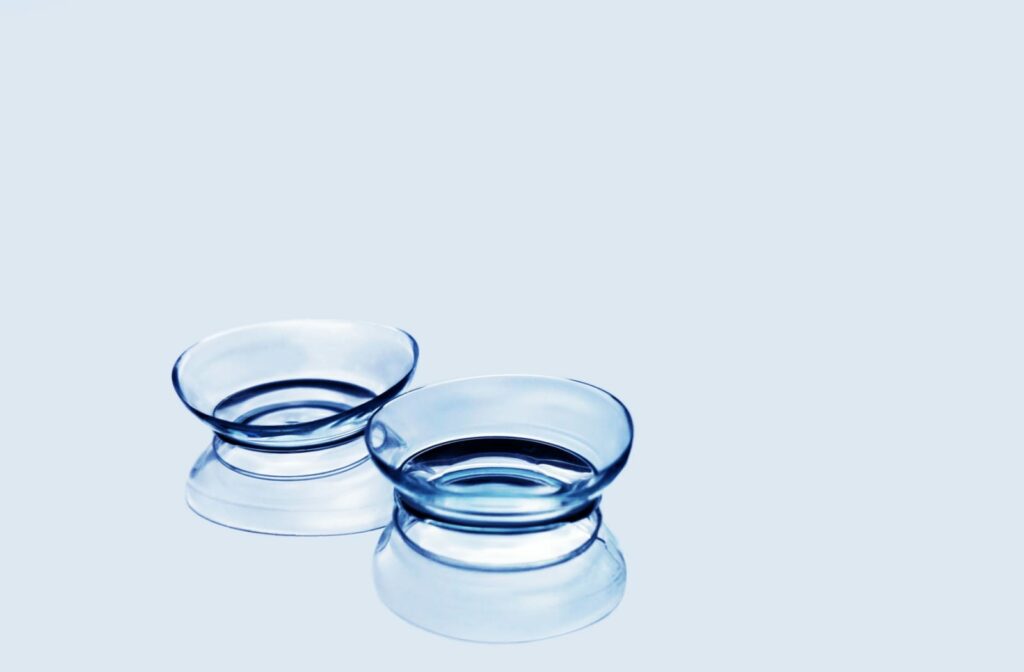It seems like contact lenses are becoming more and more popular every year. They’re an extremely convenient and effective way to correct your vision without any of the downsides of more traditional eyeglasses. And they allow you to do your favorite hobbies without worrying about damaging a pair of expensive glasses! But why do contact lenses need to be replaced? Why do they expire?
Every pair of contact lenses has an expiration date. It’ll be clearly labeled and printed on the outside of the packaging, and you should never wear your contacts past this date. It’s crucial to pay attention to this date to ensure you are wearing lenses that are both safe and effective.
Why Do Contact Lenses Expire?
Contact lenses come in different types, like daily disposable, bi-weekly, and monthly pairs. This is the length of time that they’re safe and effective to wear once opened. Some lens materials resist deposits better than other materials and determine how long the contact lenses can be worn. The materials the lenses are made of have different lifespans and can start to break down. For example: The typical single-use contact lenses (daily disposable) are the most comfortable and healthiest, but the materials are not as robust as the reusable (monthly) materials.
Also, when storing contacts, you’re sealing them with a sanitizing contact lens solution in an airtight case. These cases are typically made of simple plastic. As time passes, wear and tear starts to compromise the effectiveness of this seal and can compromise the cleanliness of the contacts.
Air can get into the case and allow the transmission of bacteria or spores from the air. And because it’s a cool, damp, dark space, these organisms thrive. If you put in your contacts with any of these contaminants on the lens, they can grow, and they can transmit these harmful things to your eyes the next time you put the lenses in.
Even if you’re vigilant about cleaning the lenses, you’re still risking an eye infection or worse.
Is It Safe to Use Contacts Longer Than What The FDA Approved?
It isn’t just potential contaminants, though. Expired contact lenses can eventually start to lose their shape, start to break down and/or become less permeable to oxygen. And they can even accumulate deposits of dirt, grease, or dust that can irritate your eyes.
This, mixed with potentially harmful contaminants, can pose significant risks to your eye health. It increases your odds of developing an eye infection or even an ulcer. Plus, they can even start to build up spores that can cause conditions like fungal keratitis.
This makes it crucial to always pay attention to the replacement time frame. Ask your optometrist what the recommended wear schedule is and how to properly care for your contacts so you can make the most of them before the expiration date!
How to Properly Care for Your Contacts
Your eyes are extremely sensitive, so they deserve proper care and attention. And since you’re putting the contact lenses directly onto the surface of your eye, it helps to know how to keep them clean, safe, and sterile.
So it can help to:
- Wash your hands thoroughly with soap and water before handling your lenses.
- Use a recommended contact lens solution to clean and disinfect your lenses.
- Avoid using tap water or saliva to rinse or store your lenses.
- Do not rinse the case out with tap water – use contact lens solution.
- Replace your lens case regularly to prevent bacterial growth.
- Follow the recommended replacement schedule for your specific type of contact lenses.
These steps can help keep your lenses clean and safe to use. It’s better to be safe than sorry!
What to Do if Your Year Supply of Contact Lenses Expire
If your contact lenses have expired, there’s a simple step to take: booking a contact lens fitting exam. During this exam, an eye care professional can take the precise measurements needed to get you a properly fitting pair of new lenses. Bring any unopened expired lenses to your optometrist so they can review your wear schedule.
It’s essential to have a yearly exam because your eyes are constantly changing and adapting. This way you’ll be able to get a pair that properly fits and does their job. Plus, you can get up-to-date information on new specialty contacts and review the proper techniques to care for the lenses!
During these exams, you can expect:
- A comprehensive eye examination to assess your eye health
- Measurements of your eyes to determine the appropriate lens size and fit
- Discussions about your lifestyle and visual needs to find the most suitable type of contact lenses
- Instructions on proper insertion, removal, and care of your new lenses
You may need to try on a few pairs before finding the right fit. Then, you’ll be able to head home with a finalized prescription! Typically, you will save money on contact lenses if you order a year’s supply of contact lenses from your optometrist – they typically have some really nice rebates that are not always available at other sources.
How to Replace Your Contacts
Once you’ve got your new lenses, it’s important to repeat the cycle. Pay attention to the expiration date printed on the package, and make sure you take the time to properly clean and store your lenses when they aren’t in use!
Remember: just because they’re an efficient alternative to glasses doesn’t mean you should go ahead and use expired materials. If you need new lenses or want to schedule a contact lens fitting and exam, reach out to our team and book an appointment with us here at Perry & Morgan Eyecare! We’re here to help give you the clear vision you deserve.



